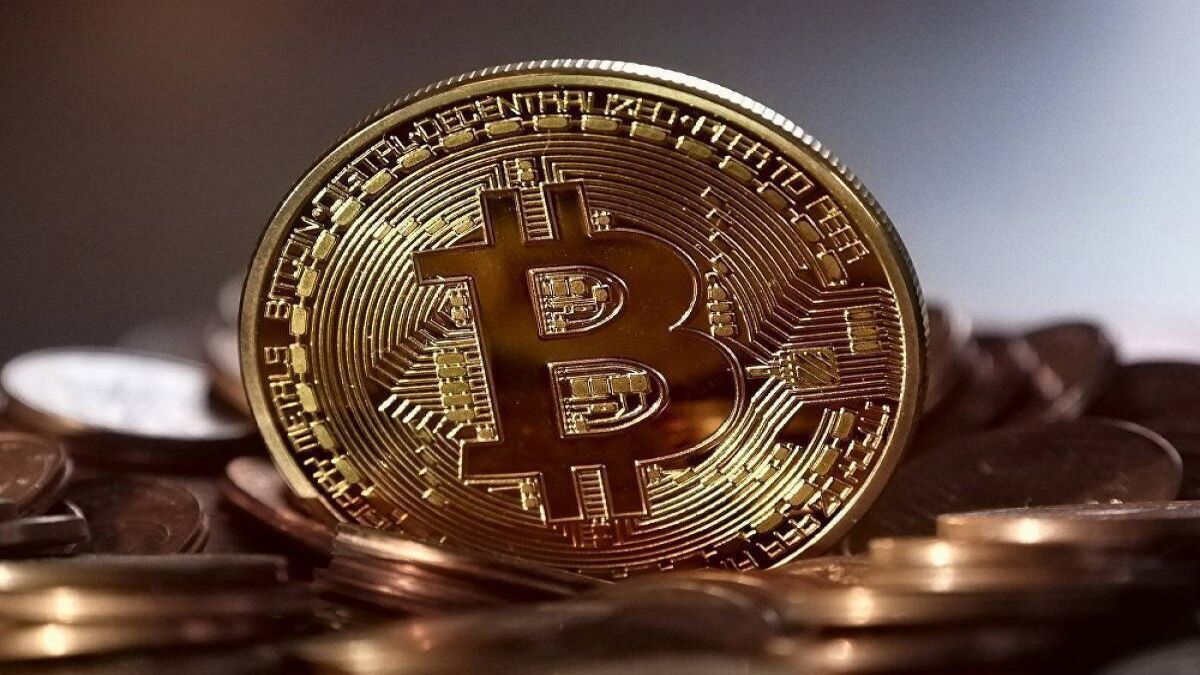By Prashant Kumar
Payment methods are evolving! The pandemic brought about a push for digital payments and now the use of technology including cryptocurrency, blockchain and DeFi can be seen in financial sectors across several countries.
India was a late entrant into the world of cryptocurrency but in a short time, it has made a significant penetration. However, its use is still limited to investments. Before jumping in to include cryptocurrency as a payment option, India should look to strengthen its regulations in the crypto sector and also focus on security aspects and vulnerabilities around expanding the current payment infrastructure.
The RBI, that is the central authority for the control, issue and maintenance, has voiced its concerns against private payments using cryptocurrencies to protect the interest of users. Earlier this year, RBI deputy governor, T Rabi Sankar argued that to revolutionise the financial system, the authorities first need to understand the role cryptocurrencies play in finance and if it performs the functions of a currency.
“The answer is that the volatility of many cryptocurrencies precludes them as an efficient medium of exchange. Besides, a priori there is no ground to believe that people place the same trust in them as they do in legal tender currencies. While there is anecdotal evidence of businesses using bitcoins, there really is no reliable data available; by all indications their use as a currency appears to be negligible,” he said in his speech at the Indian Banks Association Conference in February.
The RBI deputy governor points to trust in cryptocurrency as a legal tender for payments which is a key area of concern. With a population as large as India’s there are many people investing in cryptocurrencies for the first time. Given the newness of the sector, these users may be prone to potential threats. Therefore, at this juncture, it is better to limit the usages of cryptocurrency as an asset/investment versus rushing into using it as a payment mechanism till our infrastructure is ready and robust. At weTrade, we offer a savings feature called weSave that allows users to earn fixed interest on their USDT investment.
Additionally, the rupee payment system with iMPS and UPI is amongst the most evolved across the world. At present we should bank on that instead of pushing for the use of cryptocurrency as a payment method. Given its wider reach among demographics, the industry is still new and stabilising.
In recent months, we have seen the use of cryptocurrency pick up in countries like Russia and Sri Lanka that are facing an economic crisis of their own. In such cases, cryptocurrency ends up being the more stable option when compared to the local currency used by these countries. In the case of El Salvador, which adopted Bitcoin as a legal tender in 2021, the country relied predominantly on the US dollar for payments. Thus, making the switch easier.
Having said that, there is no denying there are multiple organisations now adopting cryptocurrencies for payments. Last week McDonald’s was all over the news after it announced that they would accept Bitcoin and USDT as a payment method in Lugano, Switzerland, where cryptocurrency is legal tender. Other retail brands offer the option to pay through crypto include Gucci, Tesla and Tag Heuer but their reach is limited.
The author is founder and CEO, weTrade
Follow us on Twitter, Facebook, LinkedIn
Get live Share Market updates and latest India News and business news on Financial Express. Download Financial Express App for latest business news.


